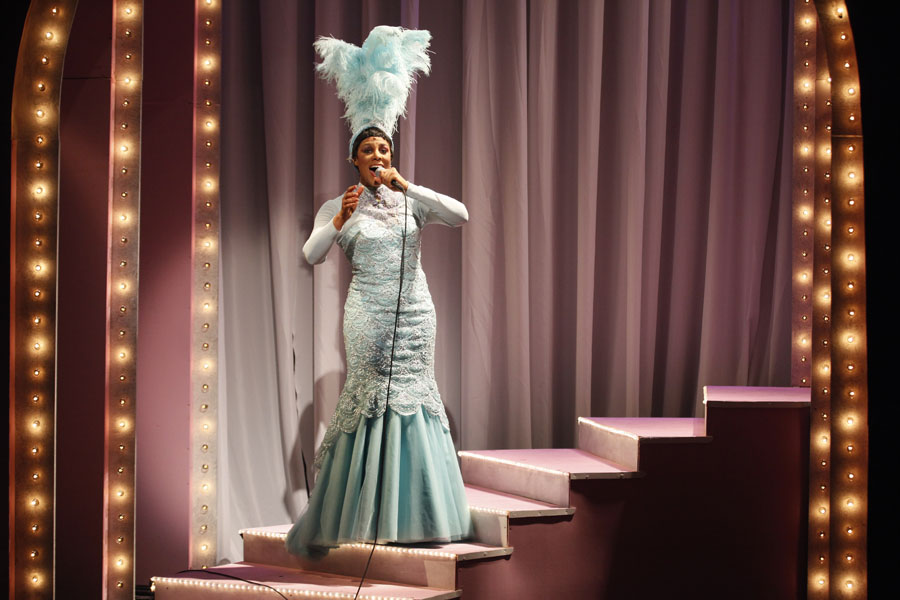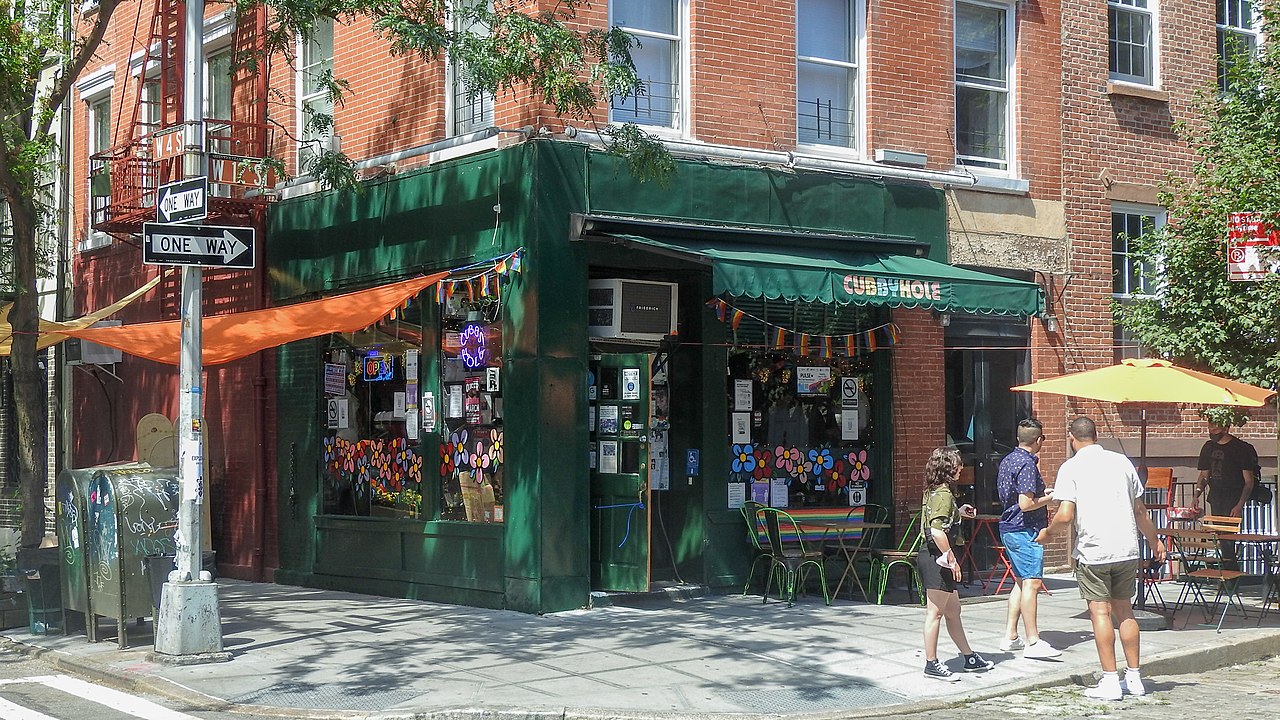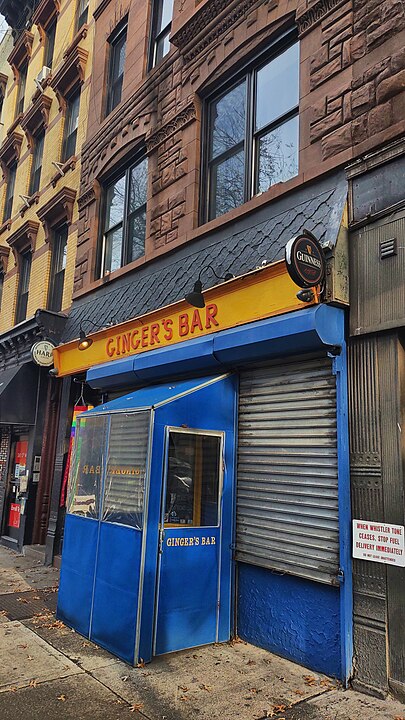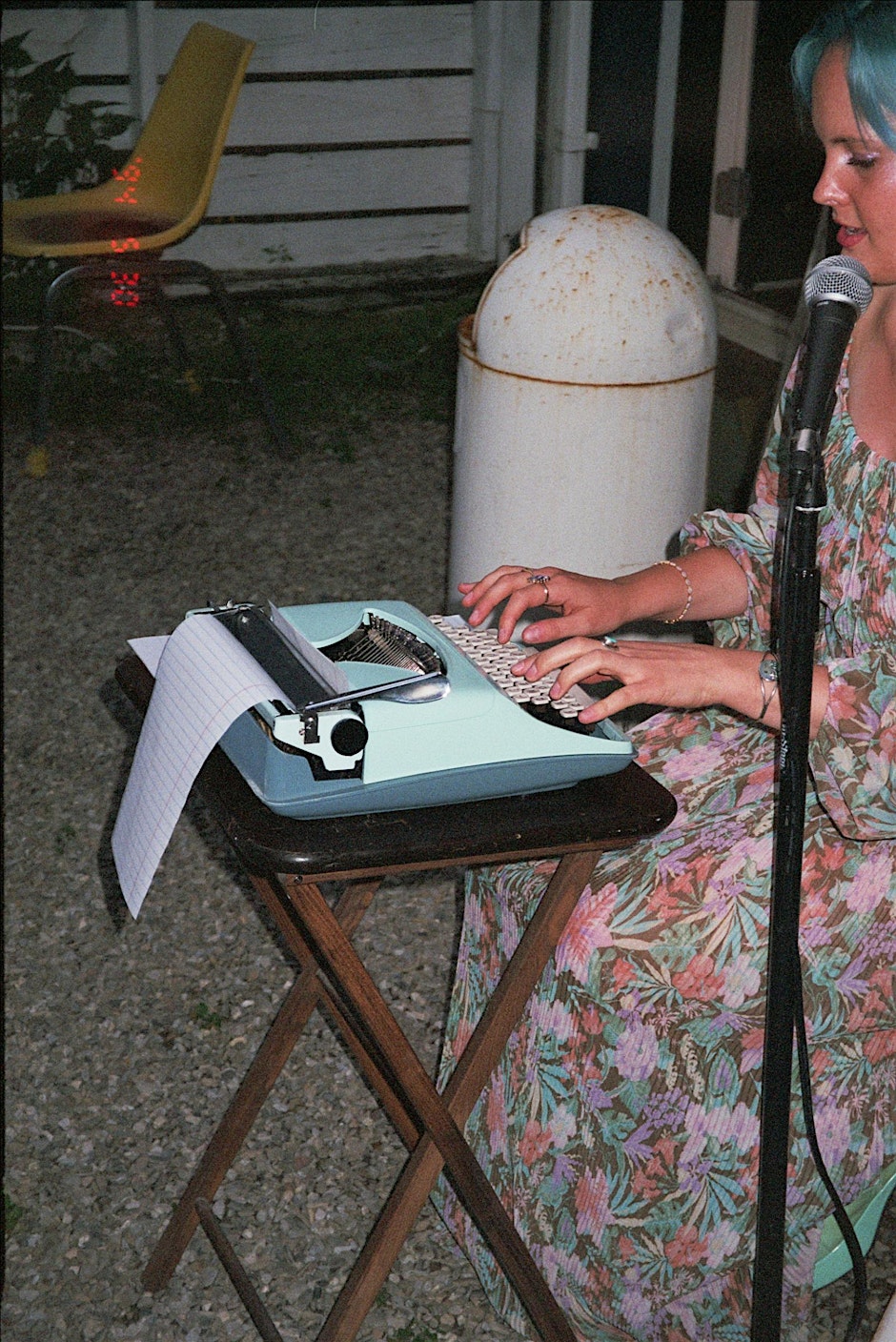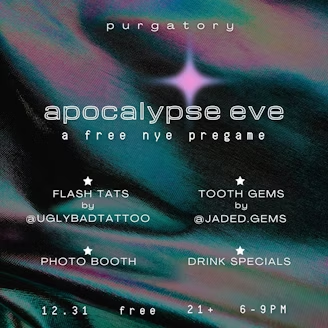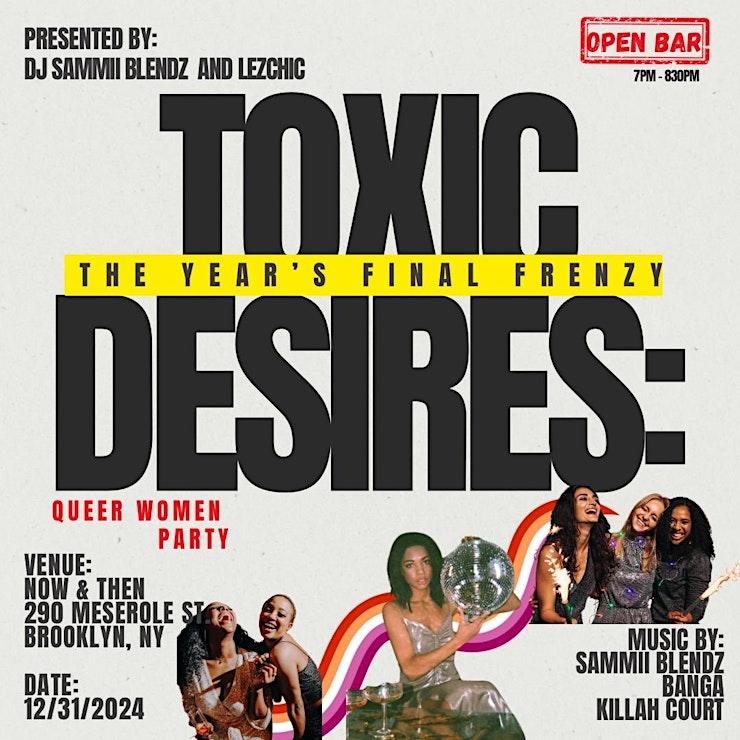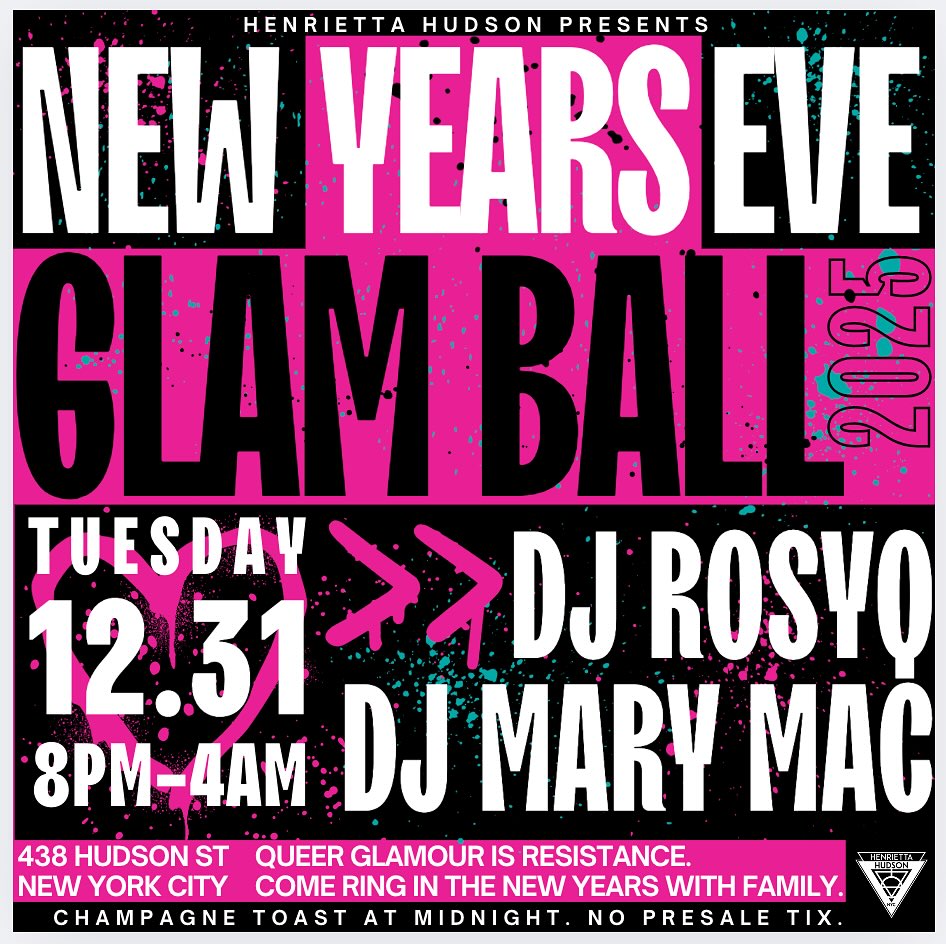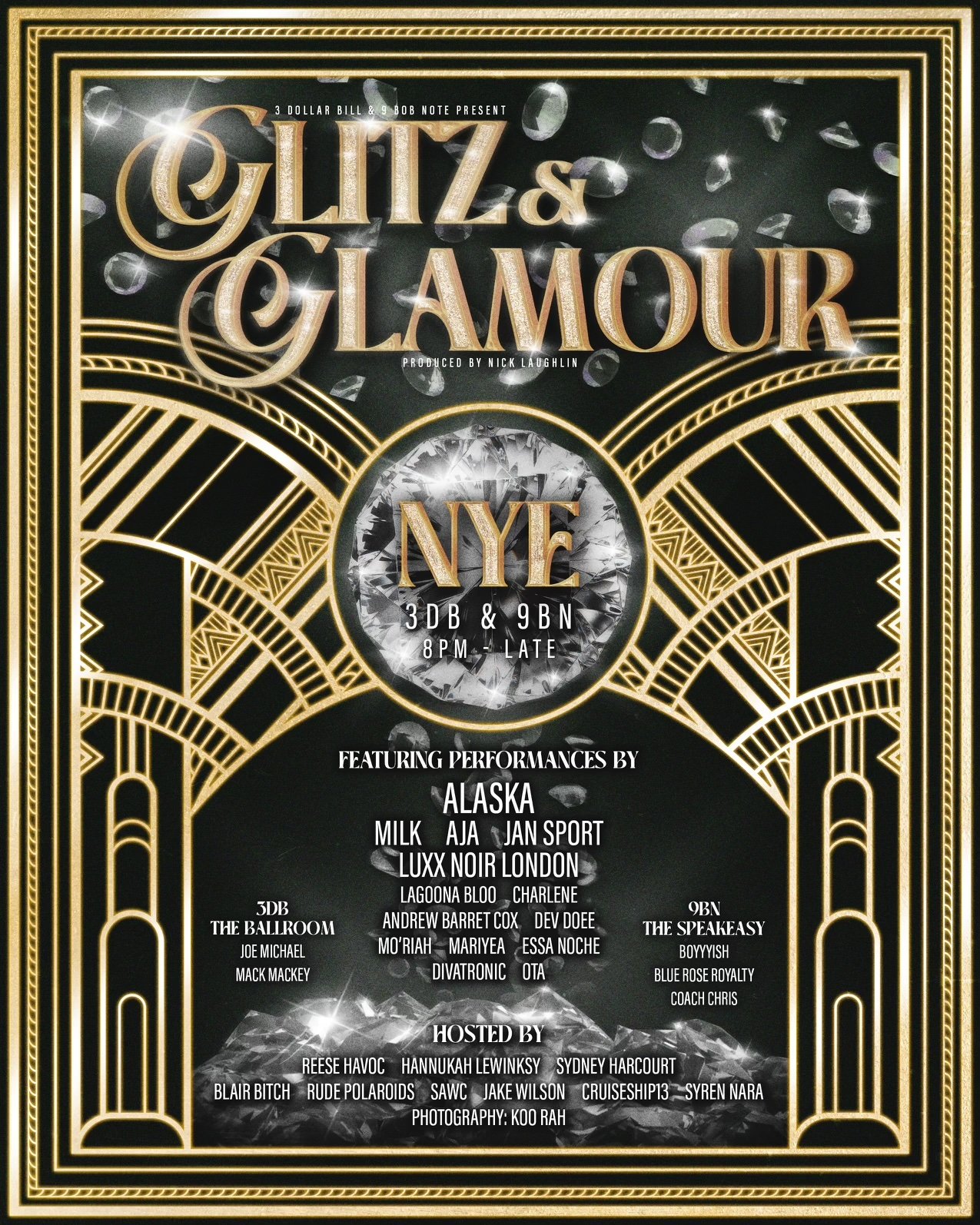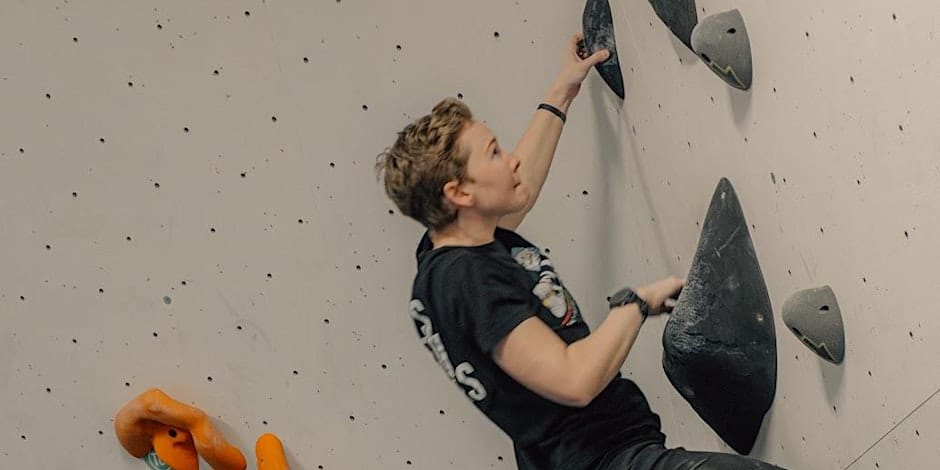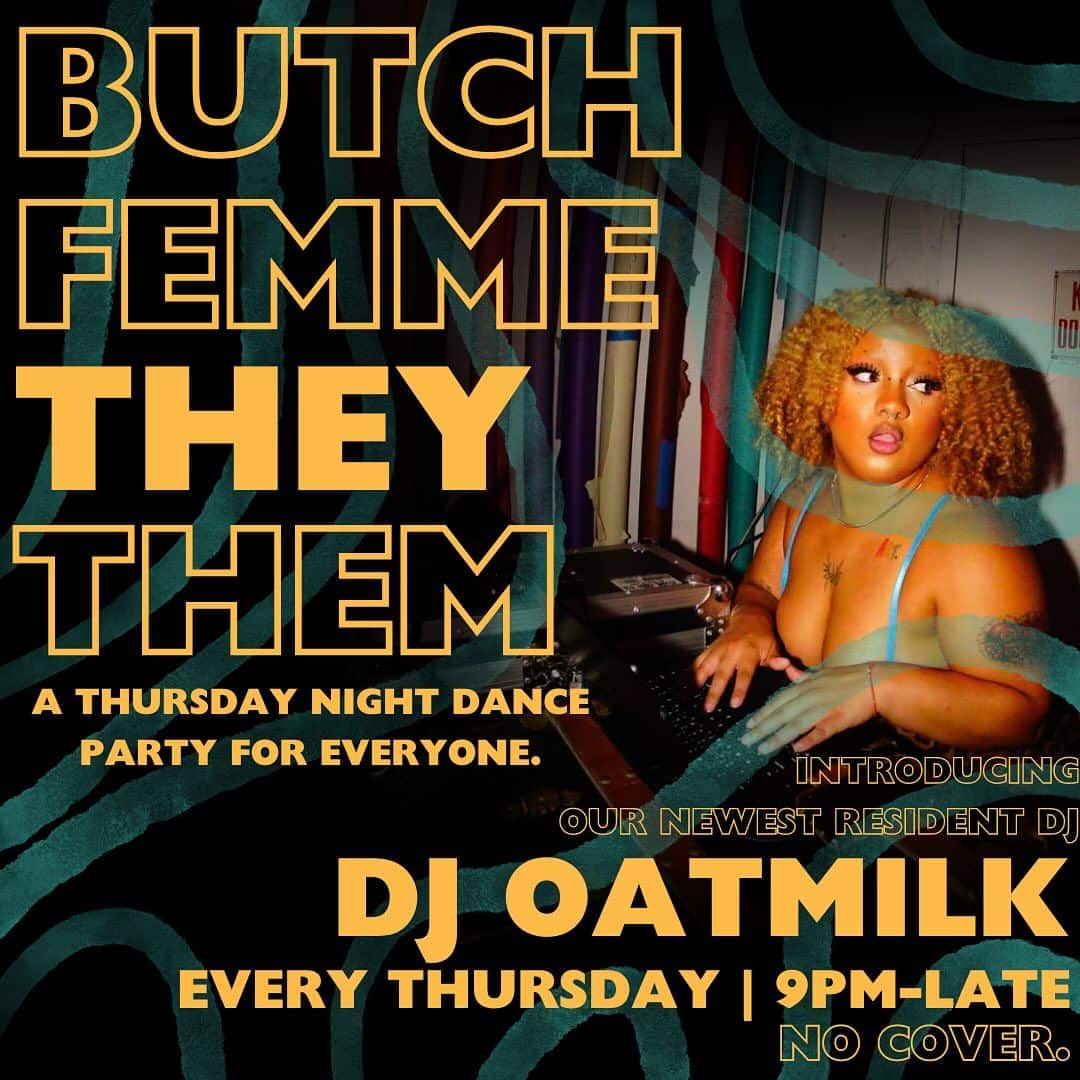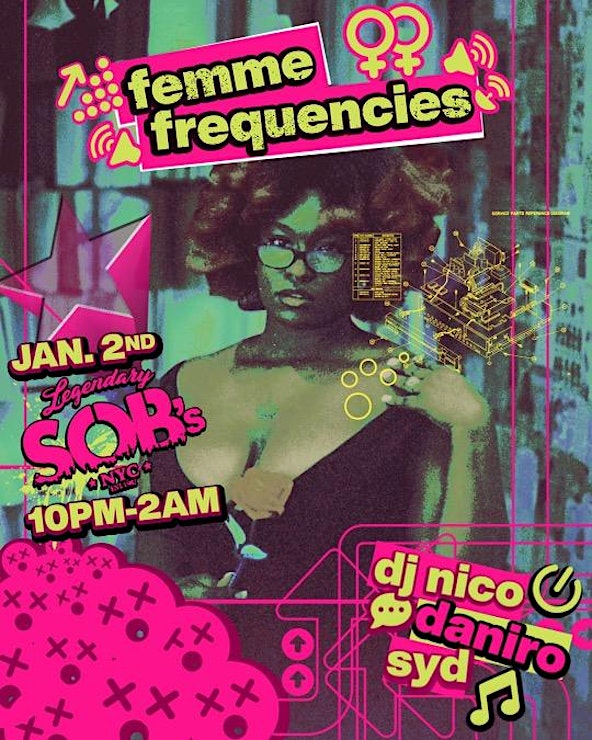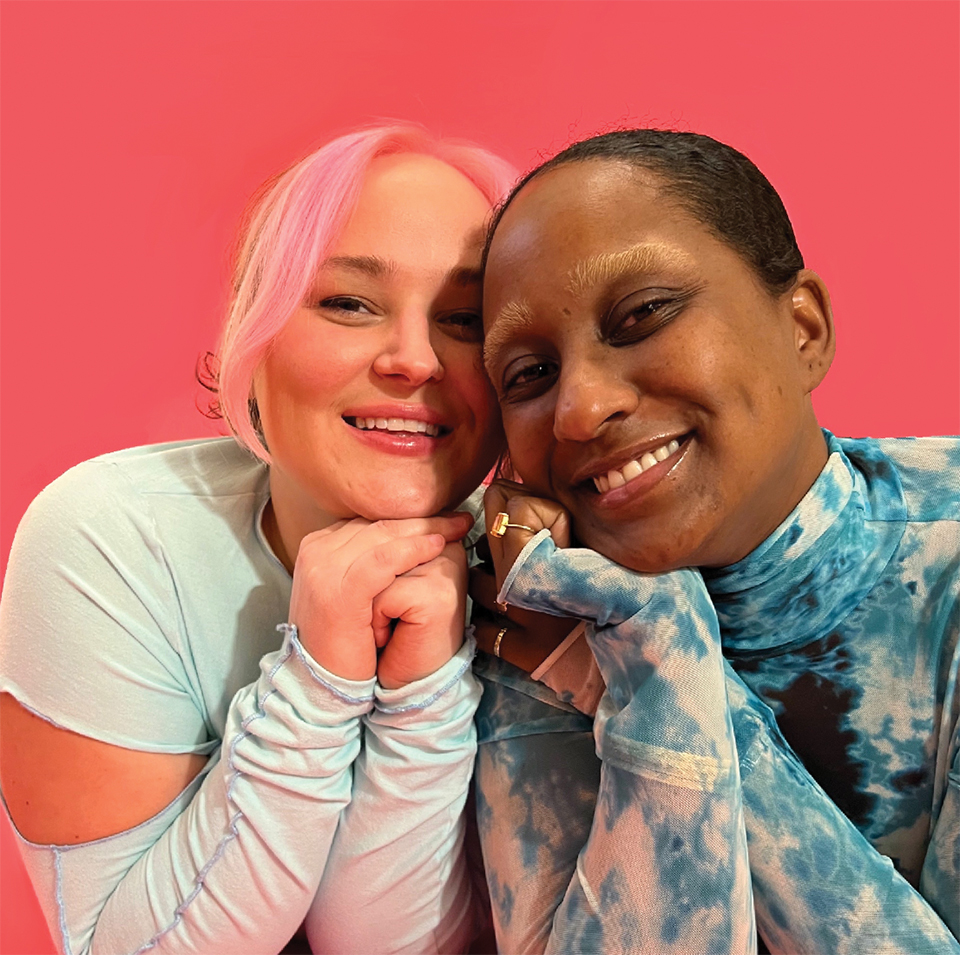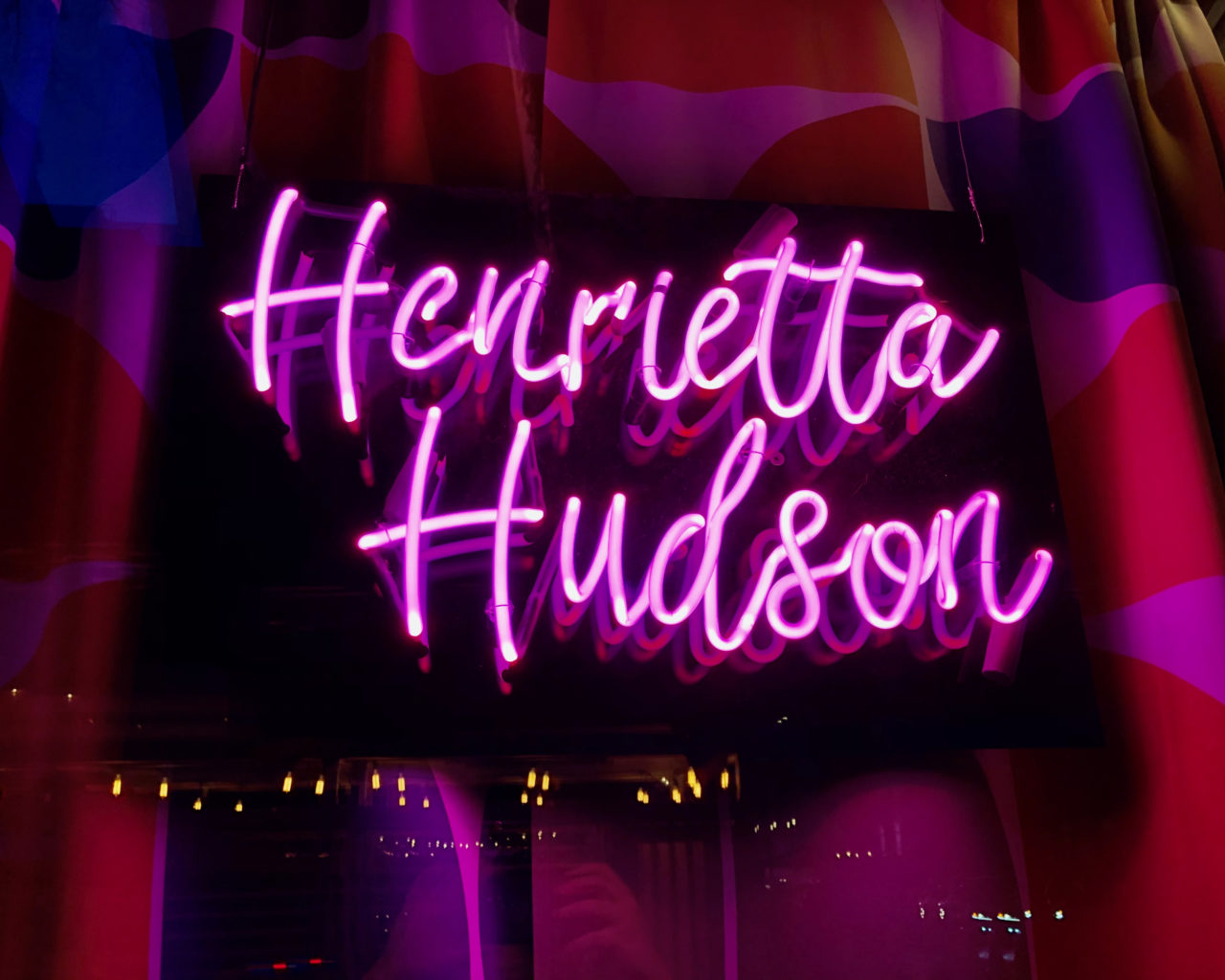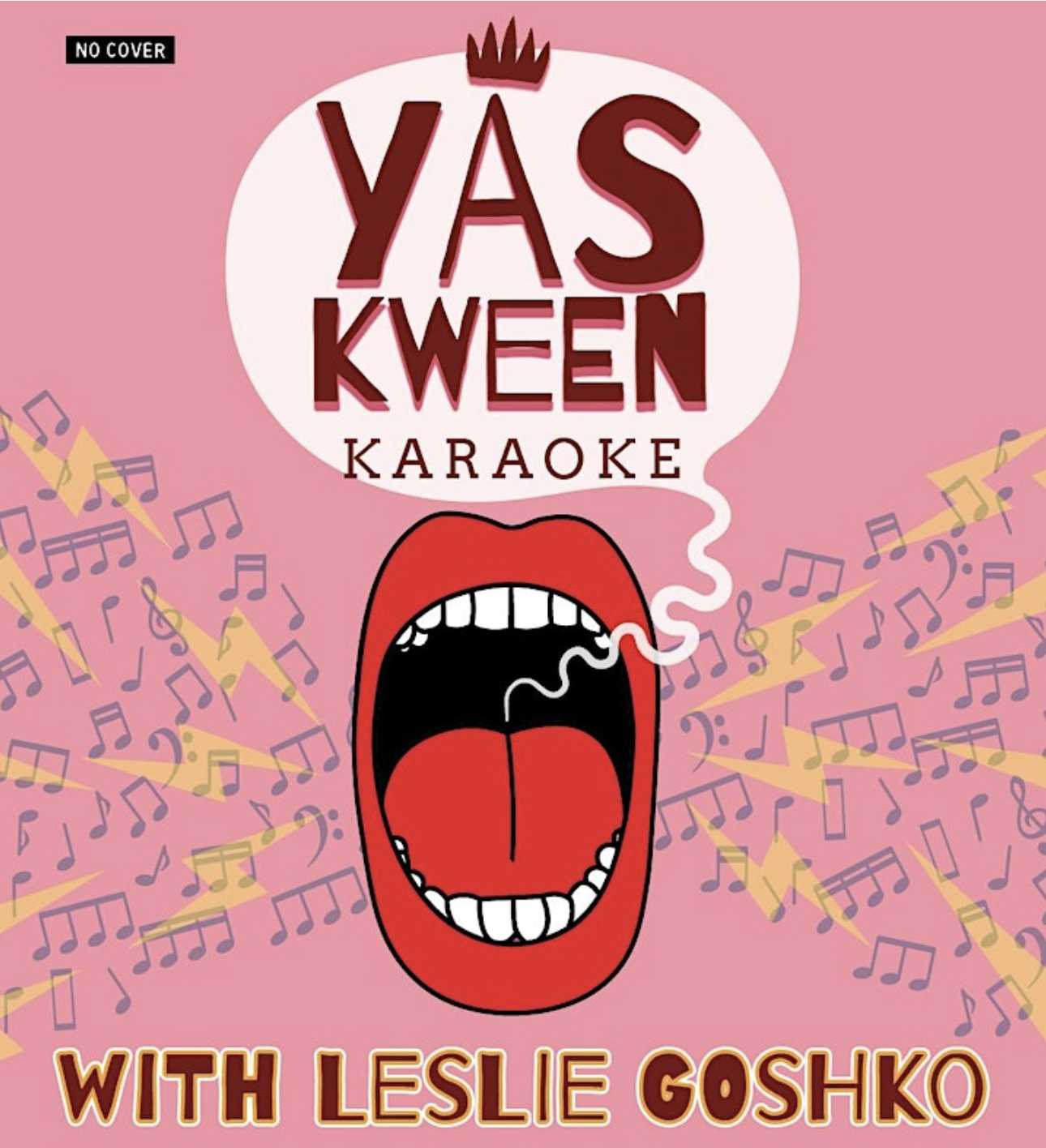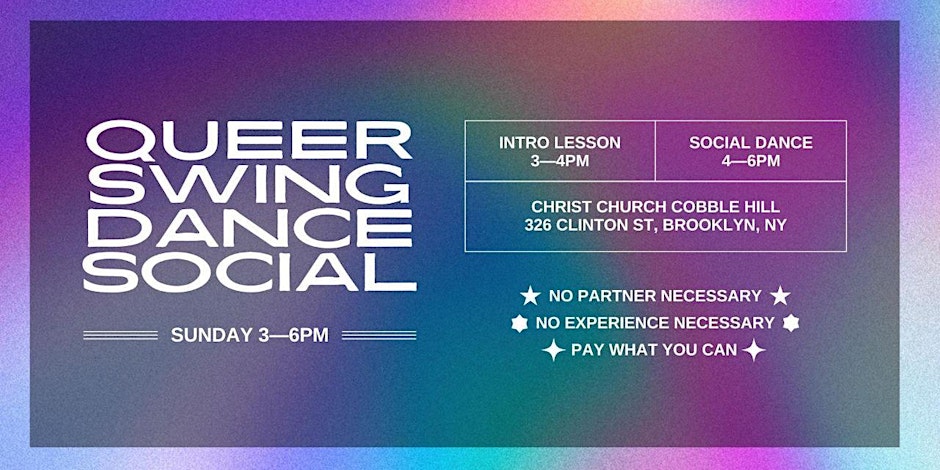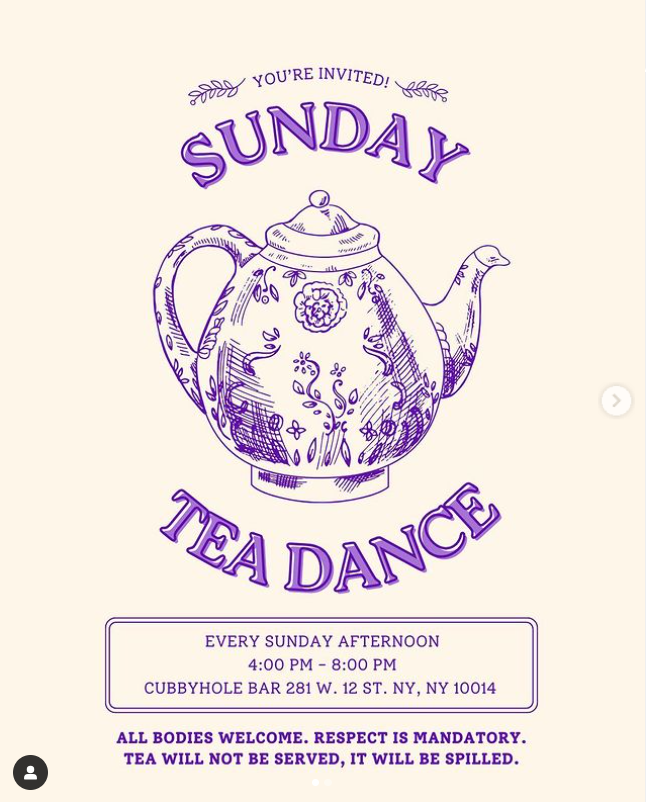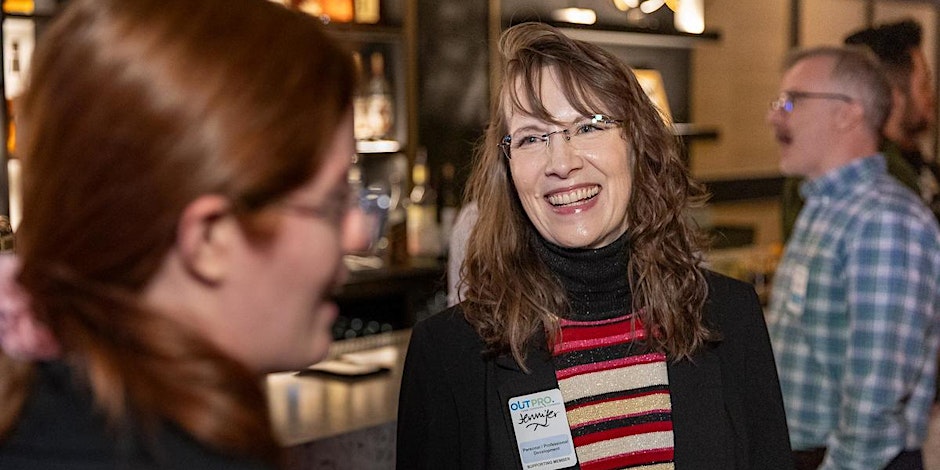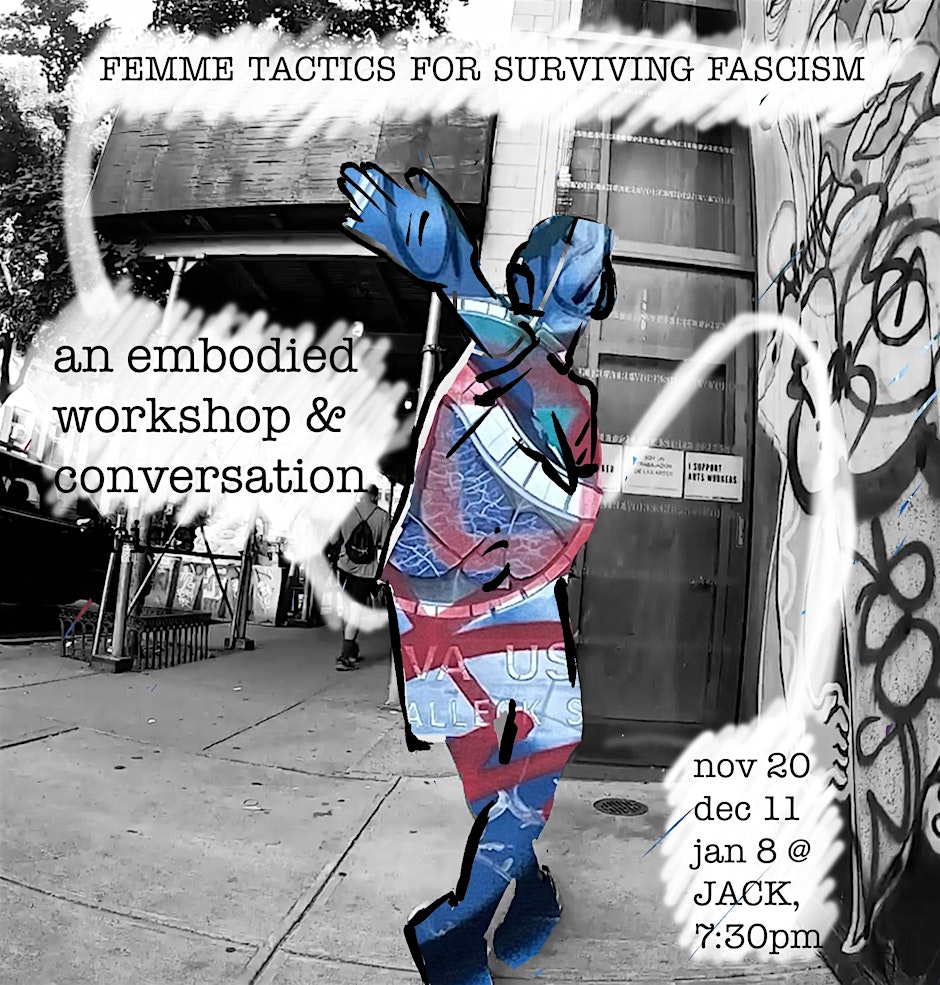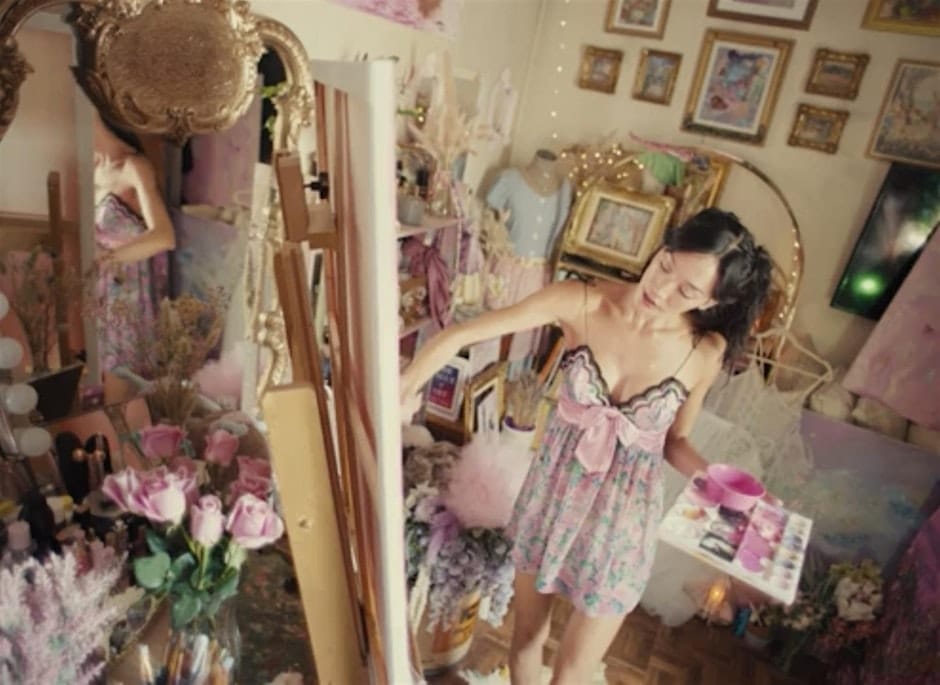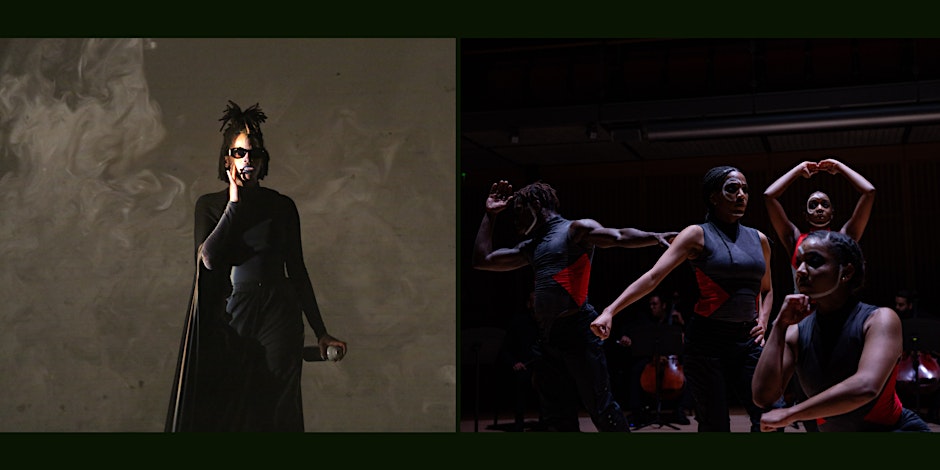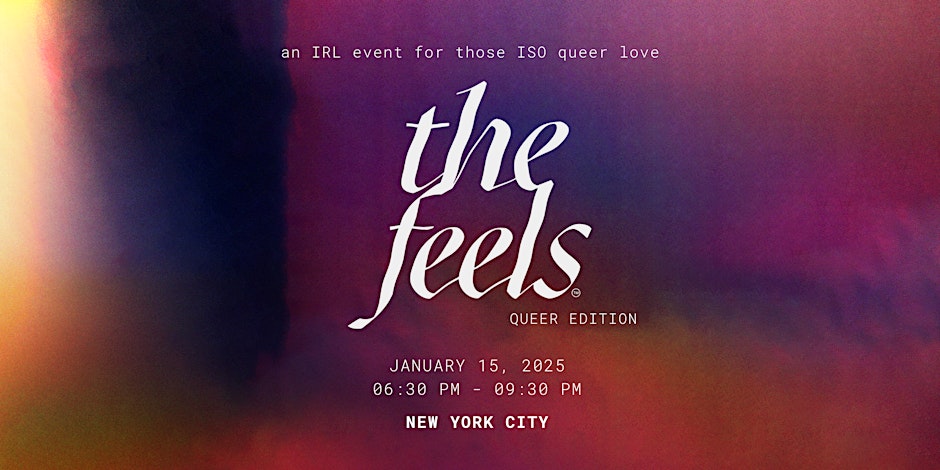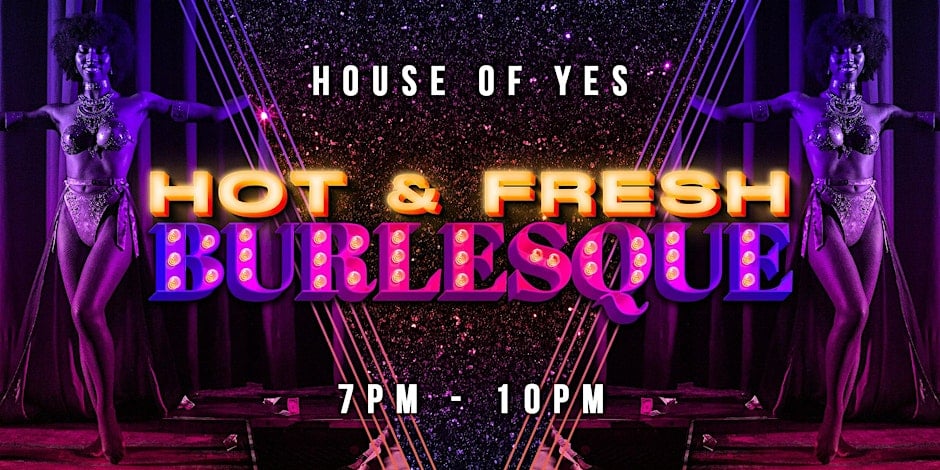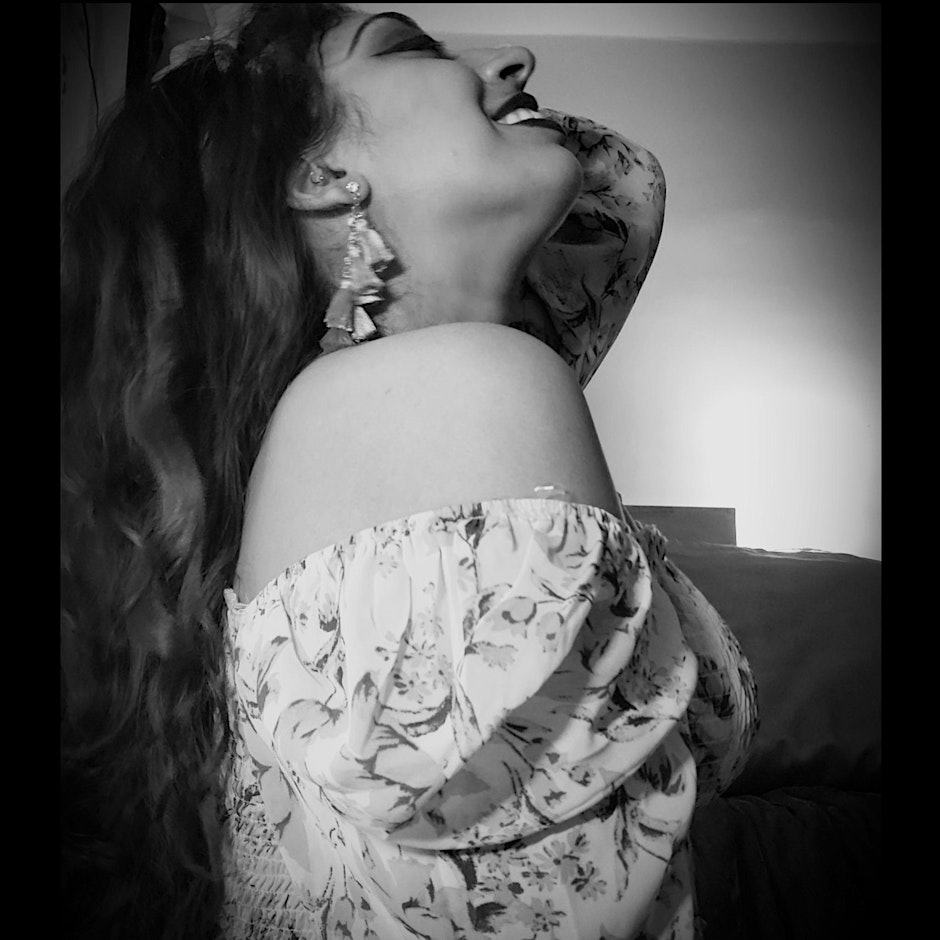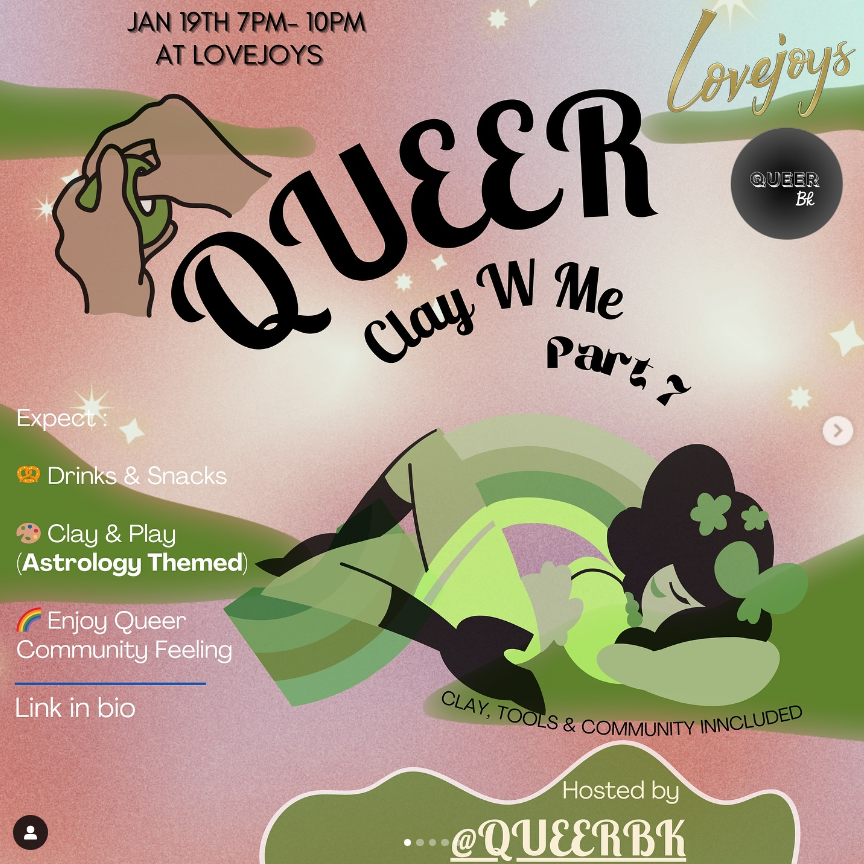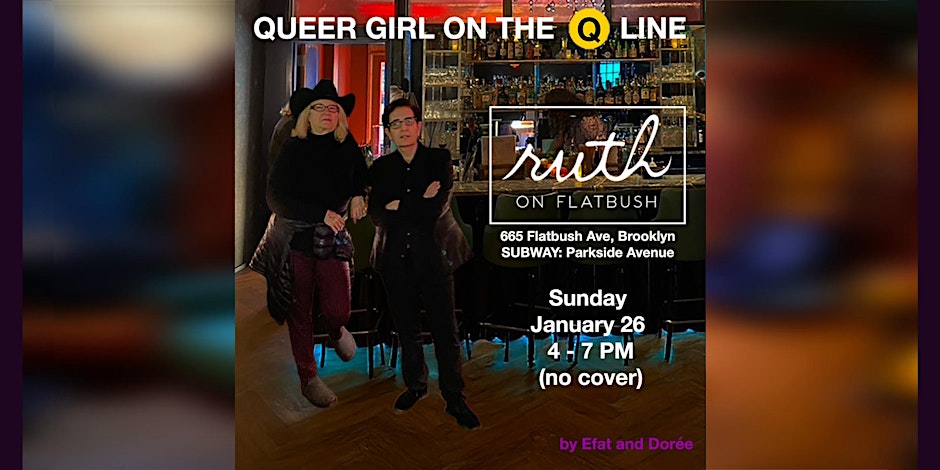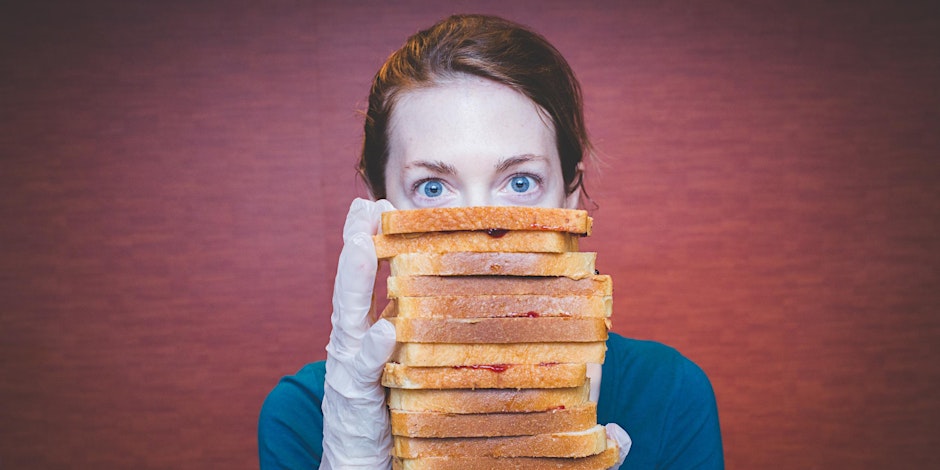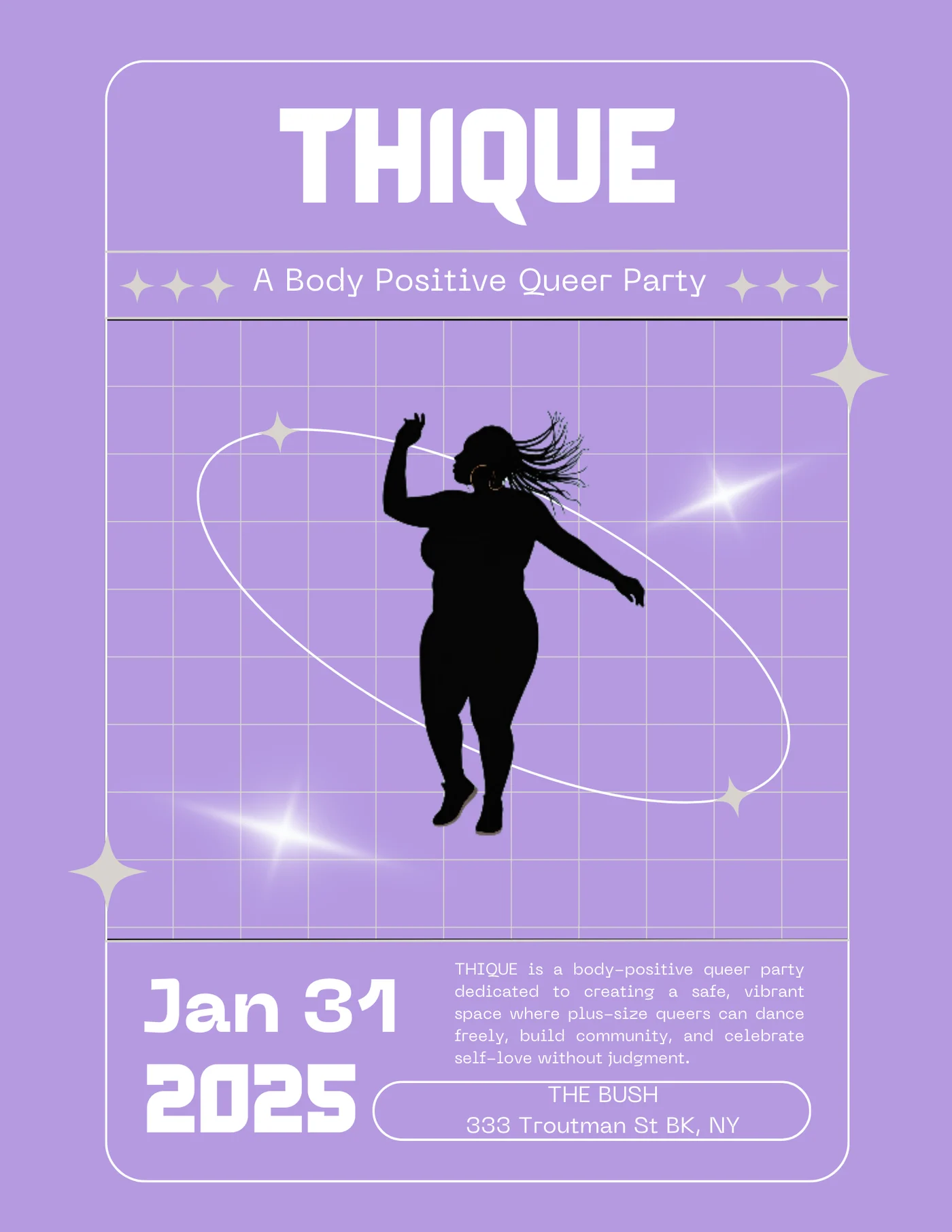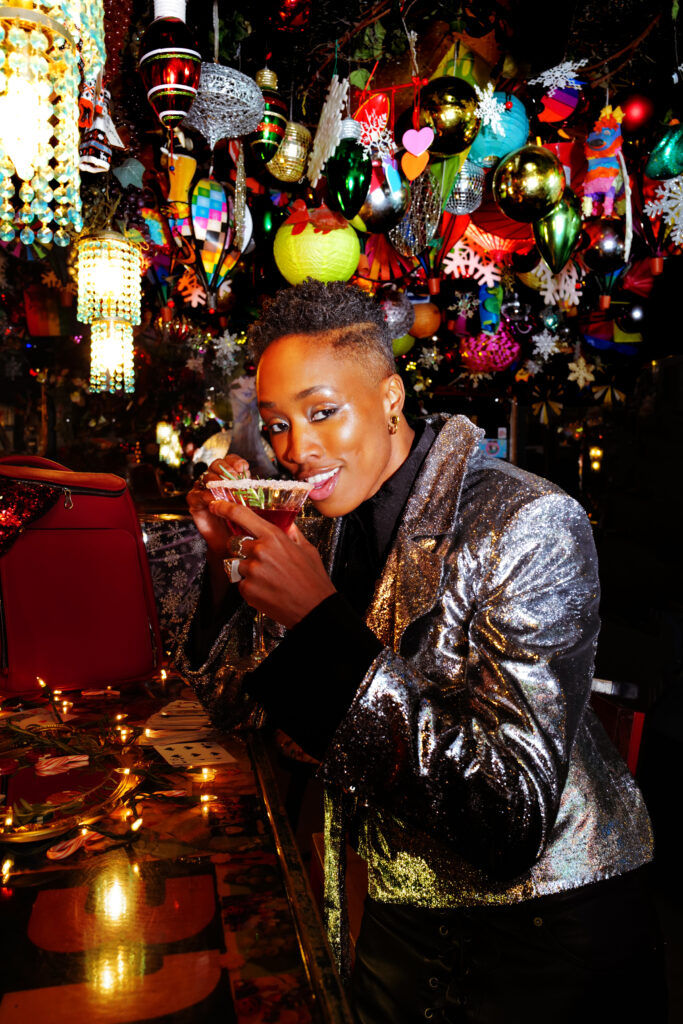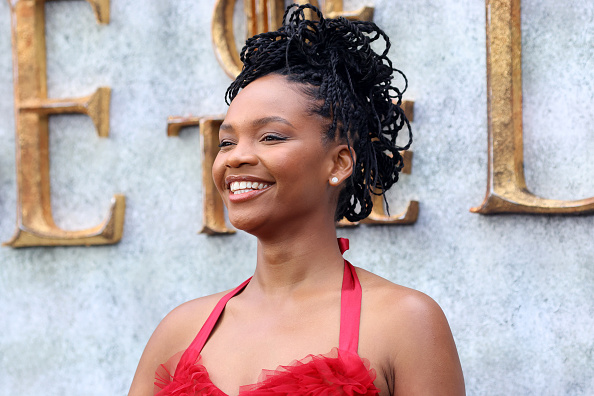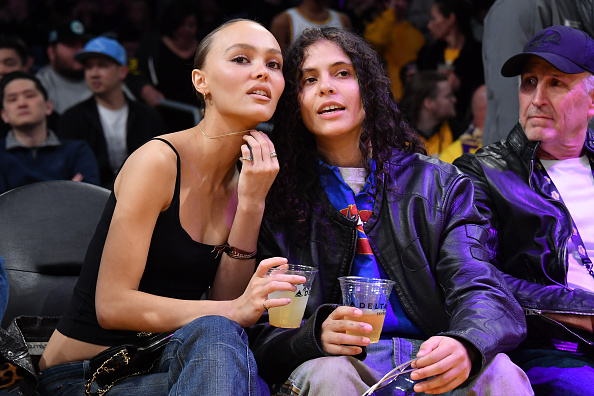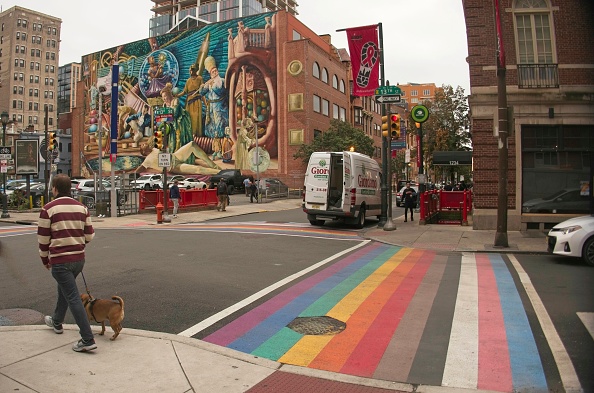Read an exclusive interview with Cheryl Howard on gomag.com here!
No matter how brightly a star shines, no one knows what kind of afterlife she’ll have when she departs from this side of things. People still know Elvis, and Sinatra, and Michael Jackson—but what of the stars who have been gone even longer? Or those whose ascendancy took place before the era of talking films and modern recording? It’s up to the people who remember them, or the people who find them and fall in love with them, to keep the flame burning.
Josephine Baker died in 1975 after a career spanning half a century. The number of people who saw her perform live dwindles each year, and the filmed evidence of her career isn’t great; you can find clips of her famous “banana dance” on YouTube, or track down the two full-length movies she made in the 1930s. But what was it that made her the toast of Paris? Why did men and women compete for her favors, and flock to her shows around the world?
Cheryl Howard’s The Sensational Josephine Baker must quickly grab you and make you want to know Baker for an evening, without becoming a history lesson or documentary. Howard, who played Baker for three years in a musical that toured Europe, came home with the star on her mind and in her soul. She has researched, written and now performs this one-woman play with music to give us an idea of why Josephine Baker mattered and should be remembered.
Briskly directed by Ian Streicher, the show begins at the end: as Baker is about to go onstage for her comeback performance at the Bobino Theatre in Paris in 1975. It was do-or-die time for Baker. She was deeply in debt, and a new show and tour were the only way she could keep her home and “Rainbow Tribe” of 12 children together, which she sings about in “Eighty-Three Million Francs,” one of the original songs (by Loren Van Brenk) interpolated with period songs that Baker sings throughout the play.
And then we shift to the beginning, as a very young Baker performs for the neighborhood children, singing and dancing “Shimmy Like My Sister Kate,” in St. Louis in the early part of the 20th century. Howard becomes young Baker as well as her drunken mother; her adoring grandmother, and all the other characters that move the narrative along. The transitions between them are swift and sure, and Howard gives each her own physicality and voice.
The focus of the play is how Baker became an artist: we go to her tryout for the Dixie Steppers, a troupe of African American dancers who played the “Chitlin Circuit.” Baker stands out right away, with her eccentric dancing and face-pulling, and steps out of the chorus, much to the chagrin of her fellow hoofer Lydia Jones, whom Howard plays as an elderly woman, recalling the slights and annoyances of young Josephine from many years later. If it’s possible to steal the show from yourself, Howard’s Lydia Jones almost wrests it away from Howard’s Josephine Baker. Howard also portrays the other characters who helped her up the ladder of stardom, male and female, black and white, American, French, English, Italian.
The plummy British lady Caroline Dudley sees Baker, and brings her to Paris to be featured in “La Review Negre” and Baker finds herself in the city she’d call home for most of the rest of her life.
She’s also faced with the discovery that she’s expected to perform in the nude, and initially reluctant, she describes and sings how she threw off her clothes. (The show has no actual nudity, though there are images of Baker in costume or lack thereof).
The act is a hit, and Baker meets Ada “Bricktop” Smith, the African American nightclub owner and impresario who introduced Baker to such Jazz Age luminaries as Cole Porter and Ernest Hemingway. Baker and Bricktop become close as sisters, or as Lydia Jones points out, “She called her ‘Bricky’ for short all the time. Sisters…hmm hmm. That sure didn’t look like no sisterly love to me…if you all know what I mean…Oh ya’ll know what I’m talking about!” Baker, who never went on the record as having women as lovers, and Bricktop, who did, have a relationship in the play in which Bricktop calls Josephine on her self-hatred, and on her inability to sustain a relationship.
Baker goes on to great success in Europe, performing numbers like “Don’t Touch Me Tomato” in a fabulous hat decorated with potatoes and tomatoes like a vegetable Carmen Miranda. Nicole Wee’s costumes, particularly her headwear, deserve special mention: from the silver fascinator with green feathers to the spectacular headdress Howard wears in the finale, Wee brings the flamboyance of the era to life. Back in the U.S., the critics savage Baker, and she’s subject to Jim Crow laws and insistence that she not appear with her (white) lover, who eventually leaves her.
She returns to Paris, and then we are back at the end/beginning, in her dressing room as Baker waits to give the performance of her life. And we see Josephine Baker in full divahood, descending a staircase in a silver lame gown and feathered headdress, singing her heart out about the city she loved best.
Howard’s work is strong physically and vocally, and truthful to the many characters who crowd Baker’s life. Her presence is reminiscent of Lena Horne, and her voice can call to mind Judy Garland. She’s onstage for almost every moment of the show (dashing off once or twice for a quick costume change), and it’s a breathtaking performance that’s not just a reminder of Baker’s talent, but an affirmation of Howard’s own star quality.
Time and place are indicated through slides and moving images on the walls of Tim McMath’s clever set (with projections by David Bengali). In a matter of moments, we go from early 1900s St. Louis, to the SS Berengaria, to an artist’s atelier in Paris, to hotels, dressing rooms and bedrooms.
Baker’s comeback was a triumph, and her last one. Just days later, she died, leaving behind memories of a grand career for those who saw her, her Rainbow Tribe, and an inspiration for Cheryl Howard.
The Sensational Josephine Baker runs now through September 9 at the Beckett Theatre, 410 West 42nd Street (between 9th and 10th Aves). See Telecharge for tickets.


